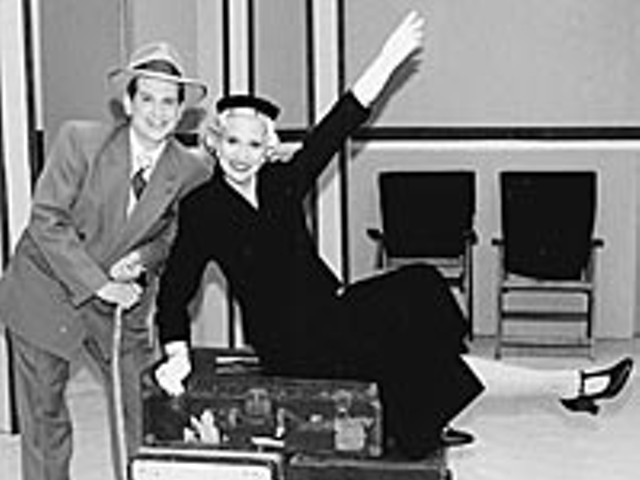Floyd “Schoolboy” Barton is like many a musician or artist: He’s looking, waiting, hoping for his “big break.” The question is, what are you going to do with your chance once it stares you in the face?
In Plowshares Theatre Company’s production of Seven Guitars, the sixth play by Pulitzer Prize-winning playwright August Wilson, we are introduced to a blues guitarist on the cusp of fame who has returned home to Pittsburgh to reclaim his band and his woman. But the protagonist, Barton, played by Markeus Kitts, is torn as Chicago beckons him with the promise of money and fame.
In Seven Guitars the number seven represents the number of chances Barton believes he has before hitting it big. Seven has always meant luck and prosperity, whether in a biblical context or a street game of gambling, and evidently Barton believes he needs every chance he can get since he always runs into bad luck.
“I had seven ways to go. They cut that down to six. … They cut it down to four. Three is better than two — I really don’t need but one,” Barton says.
He’s bound and determined to get back to the Windy City, whereupon his plans include a hit record, a Buick, a phone in his home and his woman, Vera. Barton’s desires fit what many an African-American man aspired to obtain in the 1940s, but in 1948, life isn’t as simple as packing bags and relocating.
For starters, there’s Vera, the woman Barton loves but left behind for a year and a half when he took off to Chicago with another woman. Vera reminds Barton that he left her with “a little bit of nothing.” Actress Michelle Wilson gracefully and wholly embodies a woman who is a little naive, a lot hurt and still hoping that her man has changed. Even as Vera listens to her more practical friend Louise (Charlotte J. Nelson), who tells her that Barton will only “do right for a little while,” it’s painfully obvious that she still loves Barton.
While Barton sweet-talks Vera, he also faces the problem of getting his guitar out of pawn. Though he has a record on the radio, like many modern-day artists his contract isn’t big enough for him to reap much in monetary rewards.
Yet Barton is undaunted.
“I am going to Chicago. If I have to buy me a graveyard and kill everybody I see. I am going to Chicago.”
In Seven Guitars, the protagonist isn’t the only one yearning for something that might prove unattainable. Canewell (Cameron Knight), Barton’s harmonica player and voice of reason, is secretly in love with Vera. Hedley (Sidney Skipper) is a 59-year-old Jamaican immigrant stricken with TB who wants to have a child. Caught up in the past, Hedley’s conversation drifts between the Bible, ancient times and dreams of his father. In between his rambling, Hedley is waiting for a mythical character to bring him riches. For Barton, it’s his symbolic guitar that will bring about change. Each believes that change is possible with the right opportunity.
As Barton’s luck seems to change quickly — he gets his guitar out of the pawnshop, headlines a gig and Vera agrees to move with him to Chicago — the audience hopes that his once-in-a-lifetime opportunity has arrived.
There are some sad lessons to learn in Seven Guitars. It all comes down to this: When you roll the dice, will you stay in the game with a lucky seven, or will you crap out?
Seven Guitars runs through June 20 at the Charles H. Wright Museum of African-American History, located at 315 E. Warren Ave., Detroit. Call Plowshares Theatre Company at 313-872-0279.
Curtrise Garner is a freelance writer from Detroit. E-mail [email protected]




